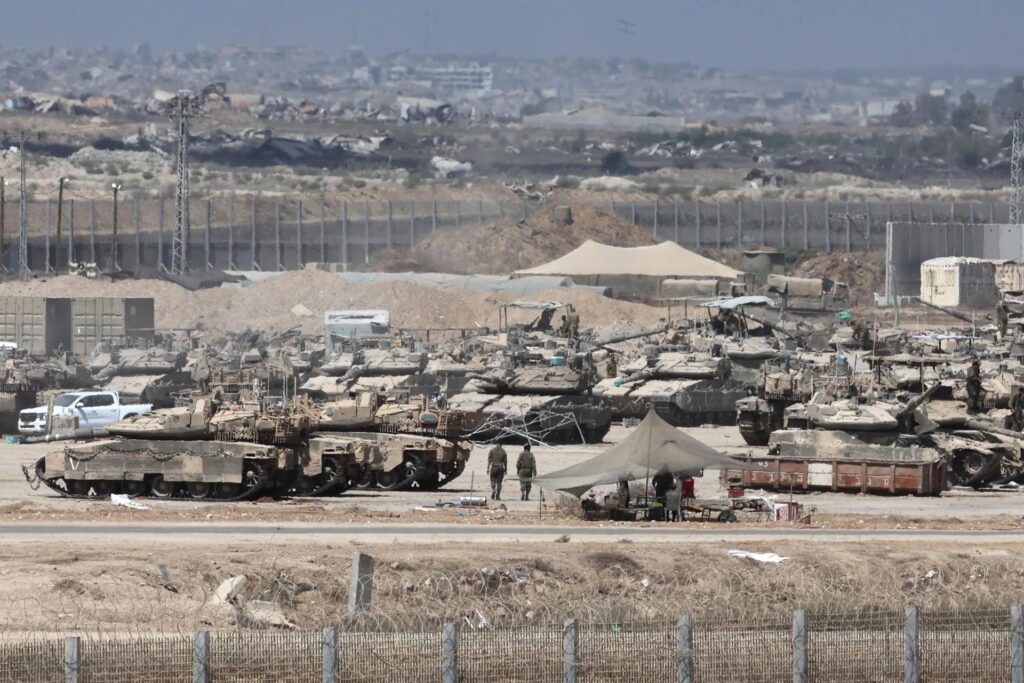Israeli Military Escalation in Gaza Signals Broader Regional Threats to U.S. Interests
As Israel calls thousands of reservists to intensify its Gaza assault, escalating regional conflicts threaten American security and demand vigilant scrutiny of Washington’s foreign policy priorities.

In a stark reminder that the Middle East remains a powder keg, Israeli Chief of Staff Eyal Zamir announced an escalation in military operations against Gaza’s capital, signaling a broader campaign that reverberates far beyond the region. As thousands of reservists are called up and ground forces advance into previously inaccessible areas, this unfolding conflict demands sober attention from Washington—not just as a distant foreign affair but as a direct challenge to American national security.
Why Is This Conflict Escalating Now—and What Are the Risks for America?
Zamir’s declaration that “we are preparing to continue the war” underlines Israel’s commitment to achieving a “decisive victory” against Hamas, with no safe haven left for their operatives. This intensification comes amid mounting threats across the Middle East—from Hezbollah’s provocations in Lebanon to Iran’s expanding influence and proxy warfare throughout the region.
For years, globalist policies have distracted American leadership from focusing squarely on defending U.S. sovereignty and interests abroad. The increasing violence in Gaza is not isolated; it feeds into broader instability that can spill over borders, threaten energy supplies, and embolden hostile actors who oppose freedom and democracy—the very values America champions. How long will Washington tolerate such strategic distractions while America faces critical challenges at home?
Leadership That Puts America First Means Holding Allies Accountable
Prime Minister Netanyahu’s assertion that “what began in Gaza must end in Gaza” reflects Israel’s resolve to defend its people but also highlights the limits of protracted conflicts driven by ambiguous objectives. American policymakers must demand clear strategies from allies regarding how their military actions align with protecting shared values without drawing the U.S. into endless wars.
The call-up of reservists underscores immense human costs—families torn apart and nations on edge—reminding us that freedom and security come at a price. Yet America cannot afford open-ended entanglements dictated by globalist agendas disconnected from real-world results or American prosperity.
This moment calls for clear-eyed scrutiny of how such conflicts affect our own national defense priorities, border security concerns fueled by regional instability, and economic stability influenced by volatile oil markets and refugee crises.
The question remains: Will Washington finally adopt an “America First” approach that insists on measured engagement grounded in protecting our homeland rather than pursuing unfocused foreign adventures? For patriotic Americans committed to liberty and sovereignty, this ongoing conflict is not just news—it is a call to hold leaders accountable for defending our nation first.
